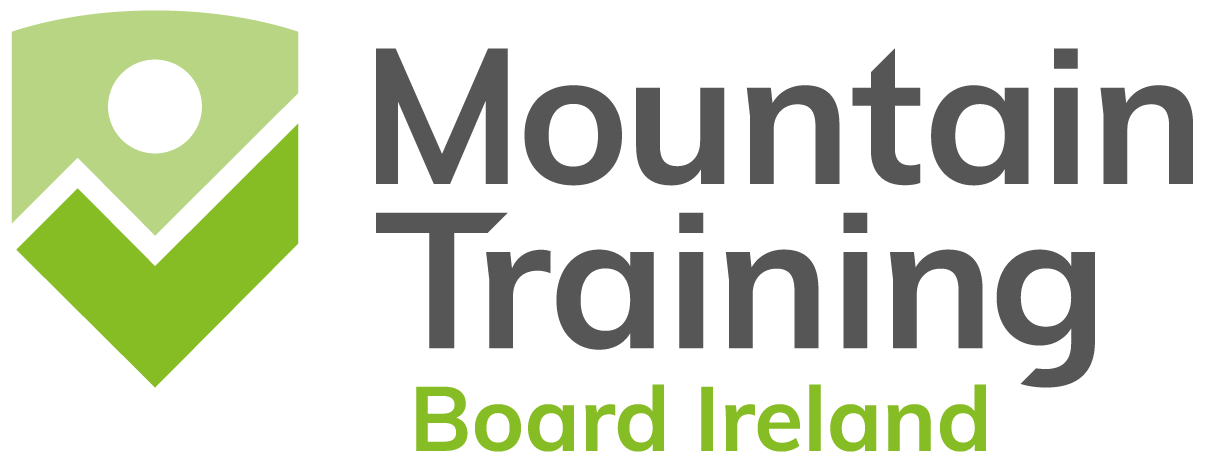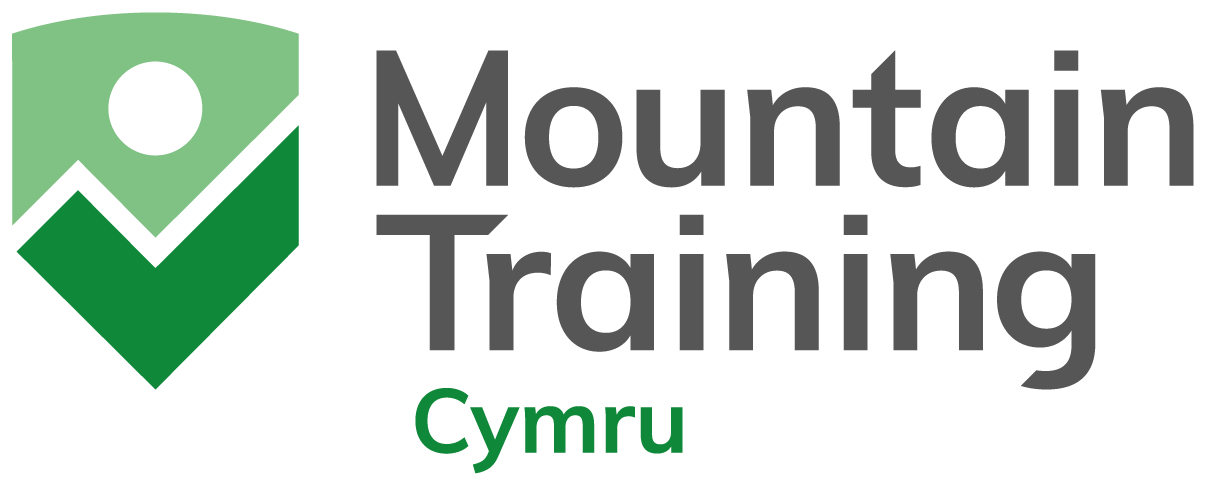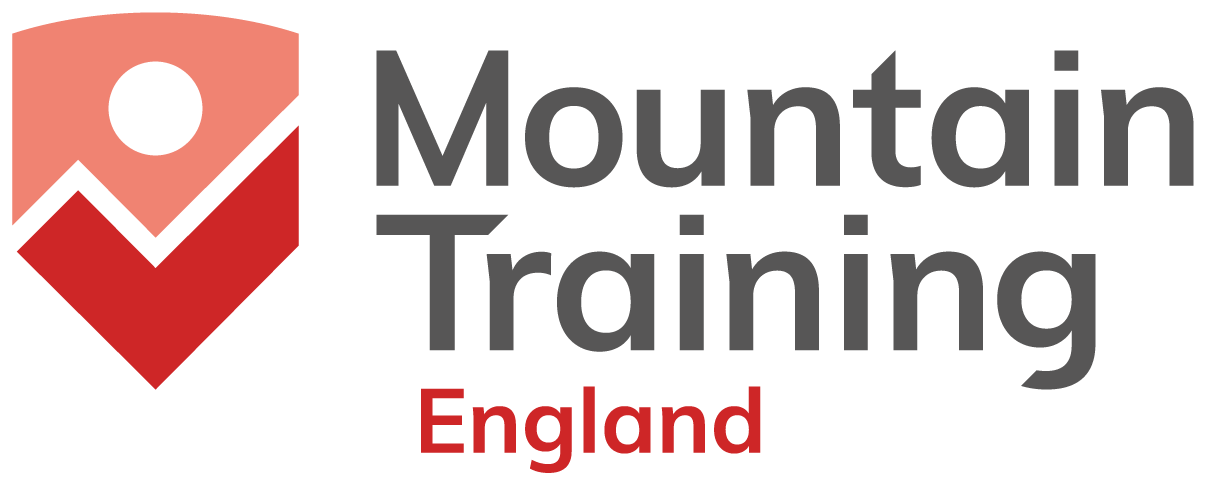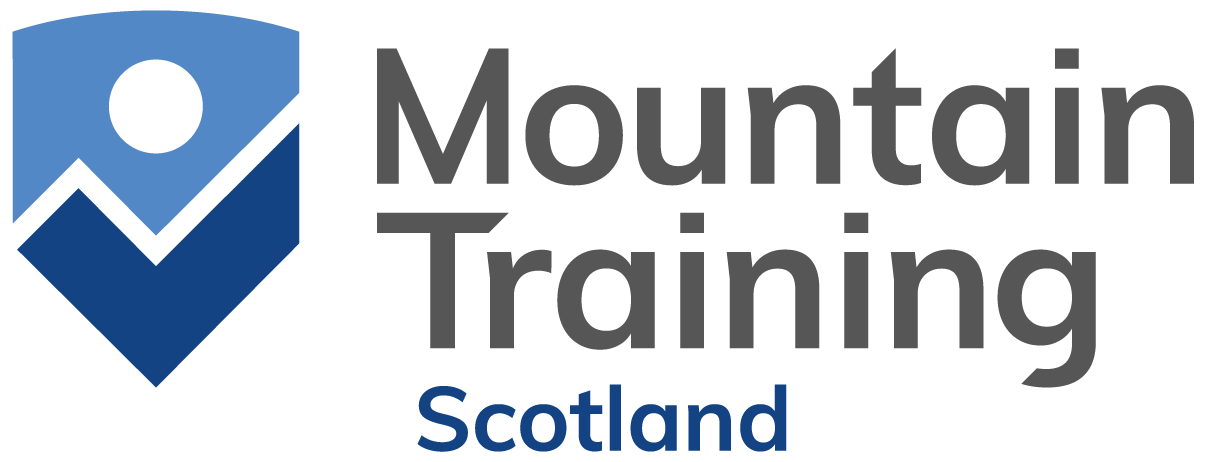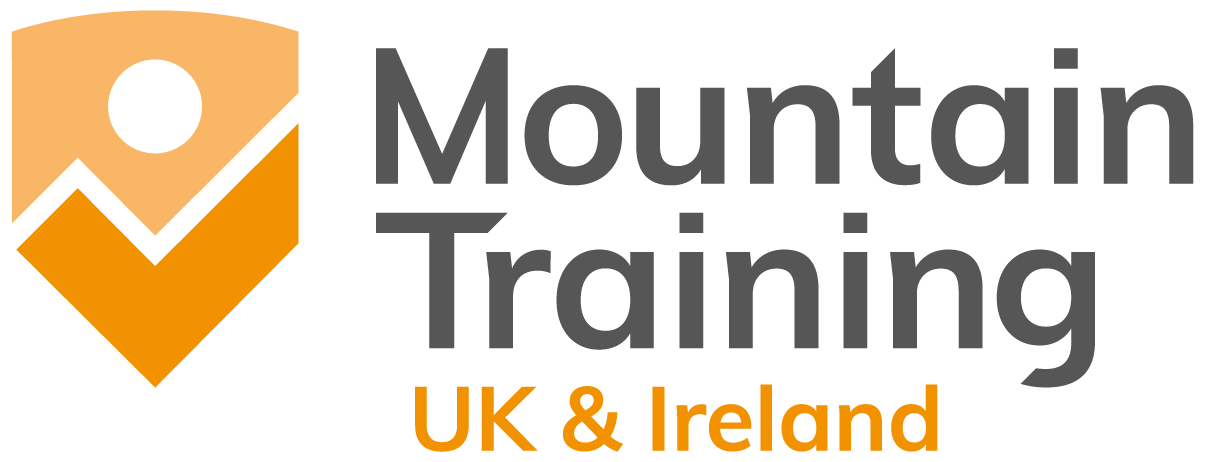Learning through loss
12.08.25Leading national governing bodies (NGBs) in the UK’s adventure sports sector - Mountain Training, British Cycling, the British Caving Association, and Paddle UK - have come together to share vital safety messaging in response to recent incident findings across the industry.
The joint initiative, driven by the theme 'Learning through loss', aims to highlight the importance of shared learning in preventing future tragedies. Encouraging reflection on recent accidents within the adventure sector, drawing key lessons to promote safer practices across disciplines.
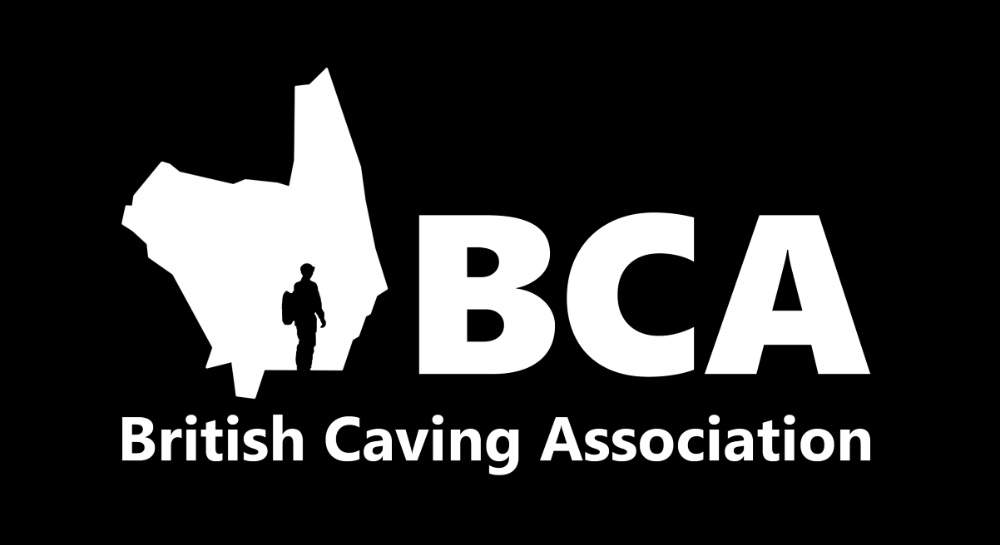

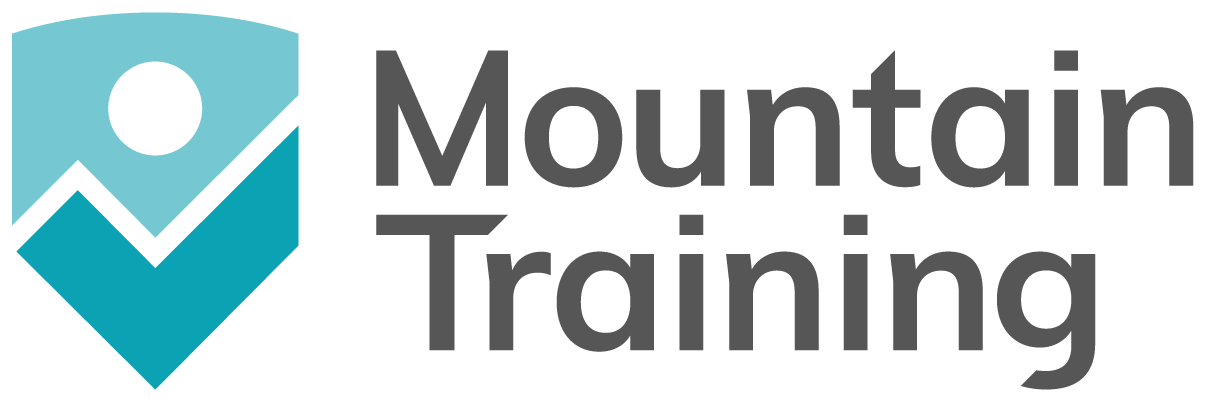
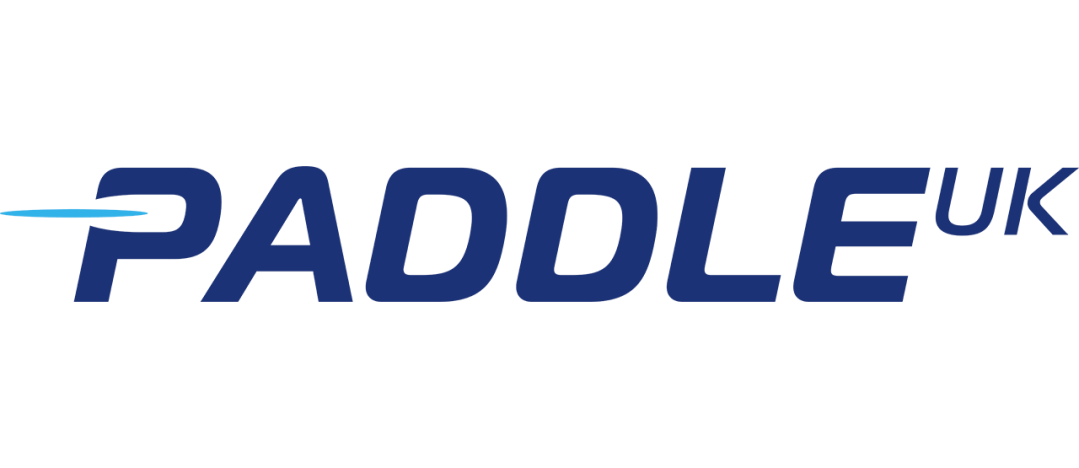
Over recent years, the adventure sports sector, which includes paddlesport, cycling, hill walking, climbing, and caving has built a reputation for maintaining high standards of safety, quality training, and professional leadership. Despite these strengths, the sector is not immune to tragedy. A number of significant incidents, reported through coroners’ findings and judicial rulings, have revealed recurring themes that require immediate attention.
Reports that demand reflection
The following six incidents serve as sobering reminders that no matter how statistically safe our activities may be, each loss is a call to improve:
- Great Orme fatality (August 2018)
- SnowDome fatality (September 2021)
- Haverfordwest SUP fatalities (October 2021)
- Wheelyboat fatalities (June 2022)
- Keelboat fatality (October 2022)
- River Tay boogie boarding fatality (October 2024)
When examined individually, these cases may appear unrelated. However, a collective review reveals consistent and troubling themes across them all. These themes, identified in official coroner and judicial reports, must become focal points for ongoing learning and change within the sector.
Emerging themes across incidents
- Lack of risk assessment (or inadequate implementation)
- Questionable competence and experience of instructors
- Participants not understanding the demands of the activity
Understanding and acting on these findings is a professional and ethical obligation for awarding organisations, governing bodies, activity deployers and all qualified instructors and leaders.
Strengthening our foundations
Risk management
At the core of every safe adventure is a solid, evolving risk assessment. It must go beyond paperwork - risk assessment is a living process. Leaders should:
- Conduct thorough, risk assessments tailored to the environment, group, and activity.
- Use dynamic risk assessment during the session to adapt to real-time changes in weather, participant condition, and other factors.
- Implement mitigation strategies with clarity and consistency.
Instructor competence and experience
Instruction in outdoor adventure is not simply about passion - it requires proof of competence. All practitioners must:
- Hold recognised qualifications (or by accepted other means) for the environment and activity in which they operate.
- Engage in continual professional development.
- Maintain valid first aid, safeguarding, and insurance provision
Governing bodies provide qualifications, with quality assurance processes that maintain high standards and support safe, confident delivery.
Ensuring participant understanding
Adventure activities are appealing to people who know little about them. Leaders as far as possible must create multiple touchpoints to ensure that participants understand the physical, emotional, and technical demands of their chosen activity:
- Marketing and advertising: Clearly communicate activity difficulty, expected experience levels, and physical demands.
- Booking process: Reinforce this information to help participants make suitable choices.
- Joining instructions: Provide pre-activity clarity and expectations.
- Initial briefing: Discuss conditions, forecast, route plans, and provide opportunities for participant input and questions.
- Session adaptation: When conditions change—be it weather, fatigue, or group dynamics—openly communicate and adapt plans with participants' well-being at the centre.
Conclusion
The adventure sports sector is built on a legacy of exploration, challenge, and passion. But with these values comes an unshakable responsibility: to learn from every incident, to adapt with every insight, and to protect every participant.
By taking a collective approach to reviewing incidents, rather than seeing them as isolated tragedies, we strengthen the future of our practices. The path forward is one of proactive learning, shared responsibility, and commitment to safety.
Relevant e-learning:
This course is suitable for people pursuing any of our leadership or instructional qualifications as the Leader/Instructor responsibilities competencies are shared by all our walking and climbing qualifications.
The e-learning course covers a broad range of topics including the importance of risk assessments and why duty of care and safeguarding matter to a leader. It also explores current legislation, accessibility and where to find national guidance.
